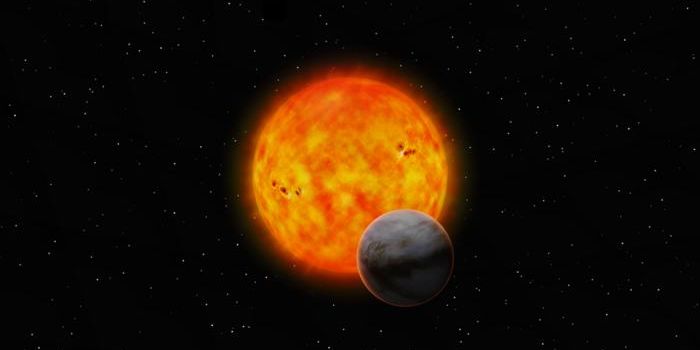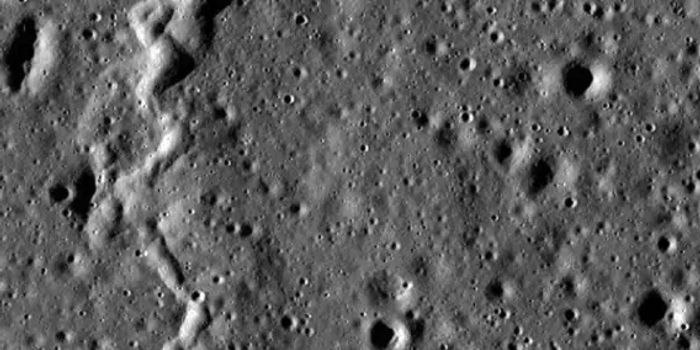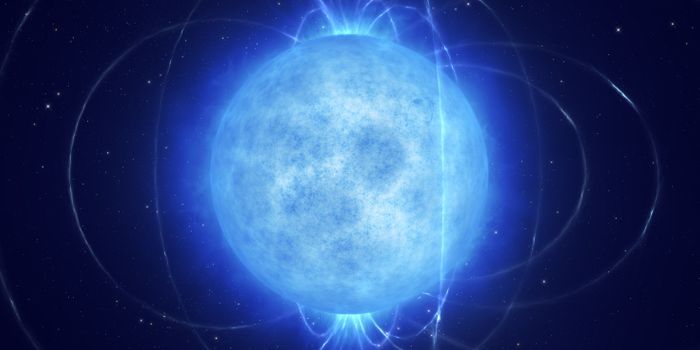Using Silicon-Germanium Transistor Technology to Explore Europa
In a recent study presented at the IEEE Nuclear and Space Radiation Effects Conference in July 2022, a research team led by a professor from the Georgia Institute of Technology (Georgia Tech) discuss using silicon-germanium heterojunction bipolar transistors (SiGe HBTs) in searching for life on Jupiter’s icy moon, Europa.
Dr. John D. Cressler, who is a Regents’ Professor in the School of Electrical and Computer Engineering (ECE) at Georgia Tech, has been working with SiGe HBTs for the decades with his students and has discovered that they harbor distinctive advantages regarding extreme environments such as Europa.
"Due to the way that they're made, these devices actually survive those extreme conditions without any changes made to the underlying technology itself," said Dr. Cressler, who is the project investigator, and a co-author on the study. "You can build it for what you want it to do on Earth, and you then can use it in space."
The study is being funded by a three-year grant in the NASA Concepts for Ocean Worlds Life Detection Technology (COLDTech), and the research team is currently in year one of the project. Their goal is to develop the electronics infrastructure for upcoming surface missions to Europa, such as the Europa Lander, which is slated to be a follow-on mission to Europa Clipper, currently scheduled for launch in 2024.
"It's not just doing the basic science and proving that SiGe works," said Dr. Cressler. "It's actually developing electronics for NASA to use on Europa. We know SiGe can survive high levels of radiation. And we know it remains functional at cold temperatures. What we did not know is if it could do both at the same time, which is needed for Europa surface missions."
Sources: Georgia Tech
As always, keep doing science & keep looking up!









